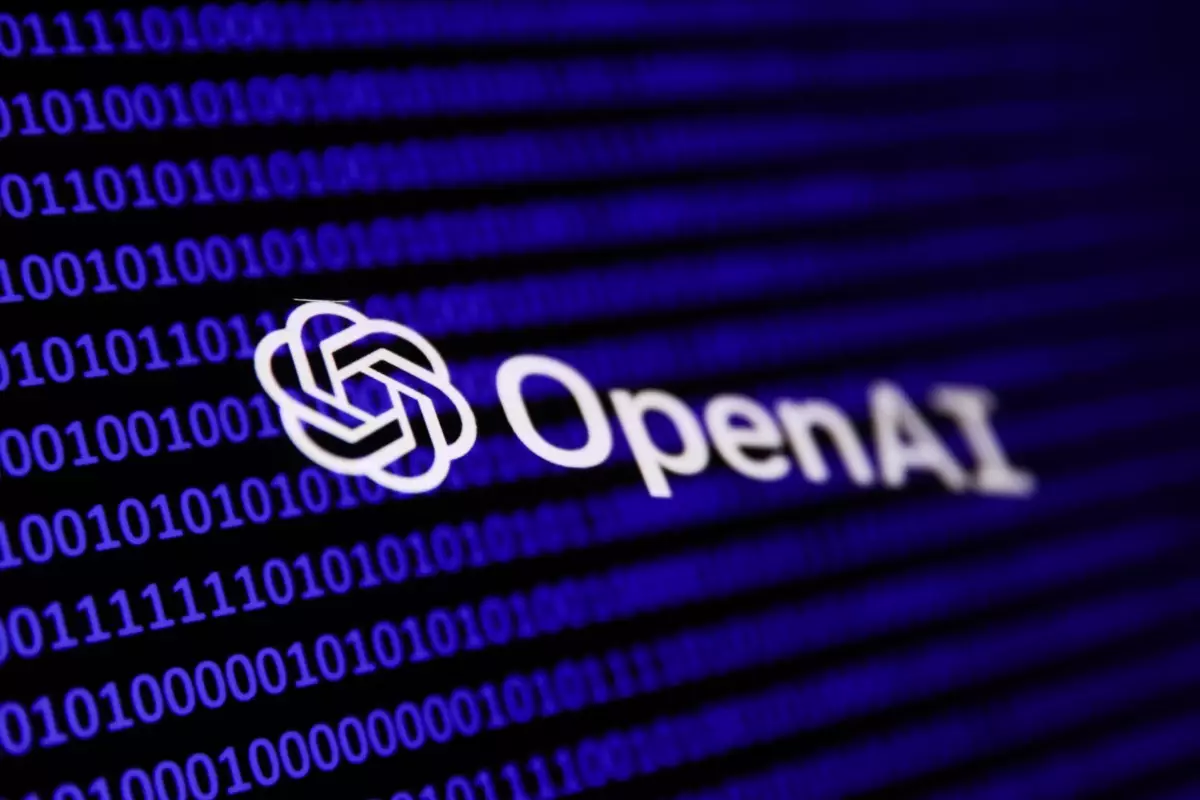The recent death of Suchir Balaji, a former employee of OpenAI, has sent ripples through the technology community, raising questions not only about the ethical implications of artificial intelligence but also about the pressures faced by individuals within the tech industry. At just 26 years old, Balaji was considered a promising AI researcher whose work contributed significantly to the development of generative models, including ChatGPT. However, his departure from OpenAI, driven by concerns over copyright law and the potential harms of AI, adds a somber dimension to his journey.
Balaji’s academic background, which included studies in computer science at the University of California, Berkeley, laid a solid foundation for his career. His talent and dedication led him to internships at notable tech firms like OpenAI and Scale AI. In his role at OpenAI, Balaji’s involvement in projects like WebGPT and GPT-4 showcased his commitment to exploring the capabilities of artificial intelligence. Still, as is often the case with bright minds in rapidly evolving fields, the darker implications of their work began to weigh heavily on him.
The Weight of Ethical Concerns
In October, Balaji openly articulated his growing unease regarding OpenAI’s practices, particularly its treatment of copyrighted material. His public statements suggested a critical outlook toward generative AI’s reliance on vast datasets, much of which is subject to copyright. Balaji voiced skepticism about the legality of fair use in this context, arguing that generative AI could produce products that compete directly with the source material on which they were trained. This belief not only reflects the internal conflicts that he faced but also underscores a widespread ethical dilemma within the AI landscape—a concern that many professionals in the field are increasingly grappling with.
His warnings and concerns, articulated during an interview with The New York Times, seem to have resonated with a growing audience aware of the potential pitfalls associated with AI technologies. In a world where data is often viewed as a commodity, the implications of using copyrighted material without proper authorization raise difficult legal and moral questions. Balaji’s departure from OpenAI signals a reckoning within the company and the broader tech milieu regarding the sustainability and legality of their practices.
On November 26, the San Francisco Office of the Chief Medical Examiner confirmed that Balaji was found dead in his apartment, with the cause of death ruled as suicide. The news has prompted an outpouring of grief from colleagues and friends, illuminating the often-hidden struggles that individuals in high-pressure tech positions face. Balaji’s passing is a stark reminder that behind the public profiles and accolades, many within the tech sector experience significant emotional and psychological challenges—particularly in an environment rife with innovation, competition, and scrutiny.
The circumstances of his death also raise questions about workplace culture at OpenAI and similar organizations. The revelation that Balaji was named in a copyright lawsuit against OpenAI just one day before his death underscores the distressing pressures that may accompany ethical concerns in tech. If employees feel compelled to choose between their principles and their careers, the implications for industry-wide standards and practices can be profound.
The reactions following the news of Balaji’s death highlight an urgent need for discussions surrounding mental health awareness in the tech community. Colleagues took to social media platforms to express their condolences and shared memories, emphasizing the importance of creating supportive environments within organizations. Conversations about mental health, ethics, and employee well-being must take center stage in the tech sector as it increasingly influences society at large.
Balaji’s tragic end urges both current and former employees in the field to seek avenues for open discussions about the ethical ramifications of their work. The drive to push technological boundaries should be balanced with responsible practices that respect legal and moral frameworks, fostering environments where employees can voice their concerns without fear of repercussions.
Suchir Balaji’s story is a poignant reminder of the complexities intertwined in the realm of artificial intelligence. It serves as both a tribute to a life filled with potential and a cautionary tale that reveals the pressing need for ethical discourse in technology. As the field of AI continues to evolve, Balaji’s legacy should inspire a more conscientious approach to innovation—one that prioritizes not just technological advancement but also the well-being of those who contribute to it.

